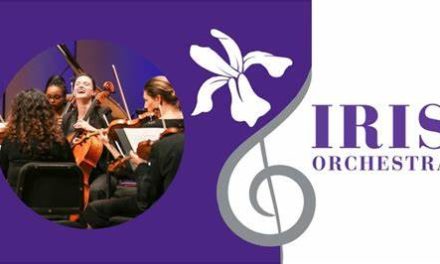From Next City:
Ten years ago, I was living in Oberlin, a college town 30 miles from Cleveland. I was newly divorced, and ready to start dating, but not anyone in my small, company town. So I met Cleveland men. And by meeting them, I got to know the city: the swanky cocktail bar on a deserted residential street, the sports bars where the still-LeBron’ed Cavs playoff games drowned out conversation, the lakeside parks, the always-a-table-free upscale restaurants. I fell in love. Not with any of the men, but with the city.
So I moved, three years later, to Shaker Heights, an inner-ring suburb famous for too many things (planned communities, integration, segregation, anti-Semitism, a large Jewish population) where the school district was both diverse and excellent. There I met other transplants who loved the city, too. It was our secret handshake, our source of bonding: you like it here, too. Who would have guessed living here would be so enjoyable? Most of my new friends were, like me, transplants, not from the area. Some ended up here for a job; others had married Clevelanders who had moved away in their twenties to find a spouse that they could carry back home when it was time to raise kids. We were a bit smug about our contentment with our accidental home. We felt no need to yell it to our friends and family from the coasts who could not understand how we had fallen so far, how we had ended up in Cleveland.
These days, the zeitgeist has changed. If before, you were a happy but passive contrarian, enjoying the “lifestyle” that cost-of-living, accessibility, great culture, and tight-knit neighborhoods afforded — now there is a bit more at stake. The mood in Cleveland (speaking from my white, liberal, professional vantage) is more proactive. No longer can you just sip your wine and chat about how nice it is here. The ethos has shifted to an activist one: you have to help out, pitch in, you have to do something. There is an emergent sense of civic obligation.
Why this shift? Why this pressure to help the city’s economic, educational, political and cultural life? Not because things are worse but because they are better. They are “turning around,” “revitalizing,” whatever term you prefer. The changes are tentative, slow and small-scale. Ohio City is suddenly packed on summer weekends. This odd neighborhood further on the west side, Gordon Square, hosts interesting events and new businesses weekly. Developers are starting new residential properties and restaurants in struggling neighborhoods. Twenty-somethings are snapping up apartments in the cavernous, windswept downtown.
But we have been here before — on the cusp of something interesting and vital — and we have seen it fail. This time, we sense that the stakes are too high, the promises too promising. This time, it cannot fail. So more people, whether individually or institutionally, are helping out those who are trying new things.
In and of themselves, the projects going on around town are not headline-making or striking. The things aren’t new, such as bars, developments or non-profits. But the ethos surrounding them is. It goes something like this: disinvestment, “this place sucks,” gave way to cheerleading, “this place rocks.” Cheerleading, though, is often passive and at its root, sentimental. It does not incite change. The mood of the day is more modal: “I should help out.”
This newfound sense of obligation, civic duty, if you will, is not starry-eyed. It comes out of fear of failure. It is anxious. If these risky acts flounder — well, then, crap. Yes, it is a positive moment; things are happening, but a complex one — we can’t screw this up. We feel compelled to participate.
Last week I was at a family gathering in Vermont. A friend, who lives in Boston, asked me where I live. “Cleveland,” he said upon my response. “I think of Cleveland as a place where you can really accomplish something, get something done.” Ten years ago, when I looked at Cleveland from afar, this was true, too. But not as many people believed it. Plus, the best of Cleveland was kept tucked up, in the inward-facing way of this town, which hugs its natives tight and keeps its transplants to the secret handshake of it’s not so bad now is it?
Today, the city is more relaxed, able to face outward. Those out there trying to make an impact have a bench committed to propping them up should they falter. They are taking risks. And they are risks worth taking. Because, well, imagine the alternative.



